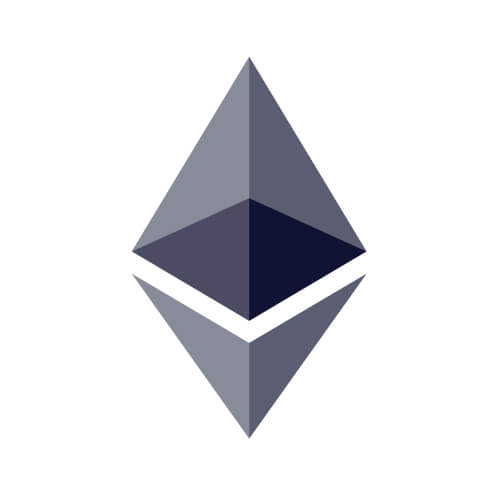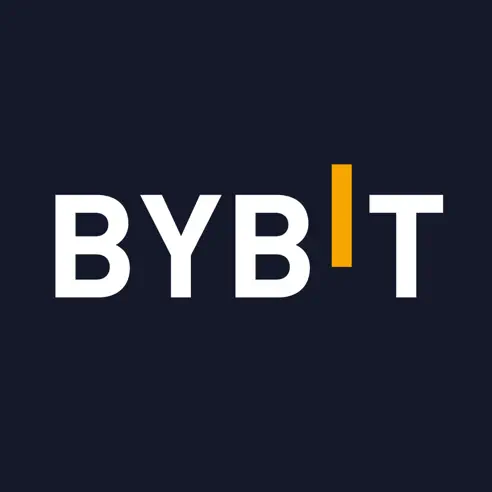North Korea has made itself a force to be reckoned with in the crypto space, and it is now one of the biggest Bitcoin holders in the world. The achievement is courtesy of the Lazarus Group, which is claimed to have acquired more than 13,500 BTC worth approximately $1.13 billion. This North Korean reserve buildup of Bitcoin has stirred serious concerns about cybercrime and what this entails for global security.

North Korea’s Bitcoin Stake Reaches Record Levels
North Korea’s Lazarus Group has outpaced Bhutan and El Salvador when it comes to owning Bitcoin, latest reports indicate. The shift is the latest indicator that state actors are increasingly utilizing cryptocurrency due to cybercrime assaults. The Bybit hack for a record-breaking $1.4 billion greatly expanded the Lazarus Group portfolio, one of the biggest ever cyberattacks against a cryptocurrency.
Lazarus Group has gained notoriety due to its advanced cyber operations that involve a chain of high-profile attacks. Some of the most notable include a $308 million DMM Bitcoin theft and a $615 million 2022 Ronin Network hack. The group has used decentralized finance (DeFi) protocols to launder stolen funds into Bitcoin, making it difficult for international regulators to track.
Global Implications of North Korea’s Crypto Expansion
Despite its growing Bitcoin holdings, North Korea is not the largest total owner. The largest total owner is the United States with 198,109 BTC, followed by the United Kingdom with 61,245 BTC. This shifting ownership trend of digital currency prompts one to question the dangers and benefits of these assets, especially in light of what North Korea has been up to.

One of the concerning things about North Korea’s Bitcoin growth is its purported link to weapons program funding. Reports suggest that cybercrime and stolen cryptocurrency fund half of the regime’s ballistic missile development. This poses critical challenges to global efforts to thwart state-sponsored cyber operations.
Bank of Korea’s Position on Bitcoin
In turn, these new developments have caused the Bank of Korea to outrightly dismiss Bitcoin as a reserve asset because it is inherently volatile. The central bank reiterated for the umpteenth time that stability is the top priority for reserve assets, something that Bitcoin cannot offer. This is part of a broader skepticism of leading-ranking global central banks against taking cryptocurrencies into their reserves.
OKX’s Response to Cyber Threats
After a threat from groups such as Lazarus, OKX shut down its decentralized exchange (DEX) aggregator after it noticed an attempted hack. The exchange wants to enhance its security to avoid such incidents in the future and sort out regulatory issues. The action is meant to replicate the growing demand for effective security systems in the cryptocurrency space.

















